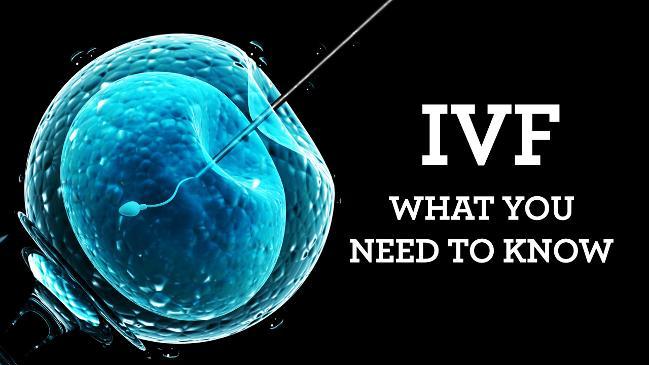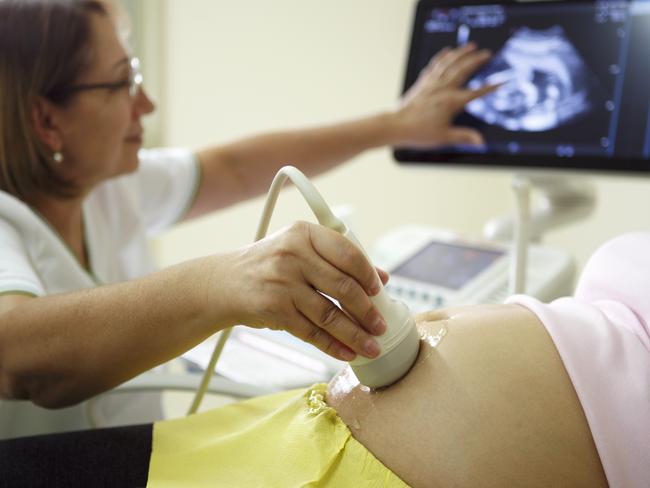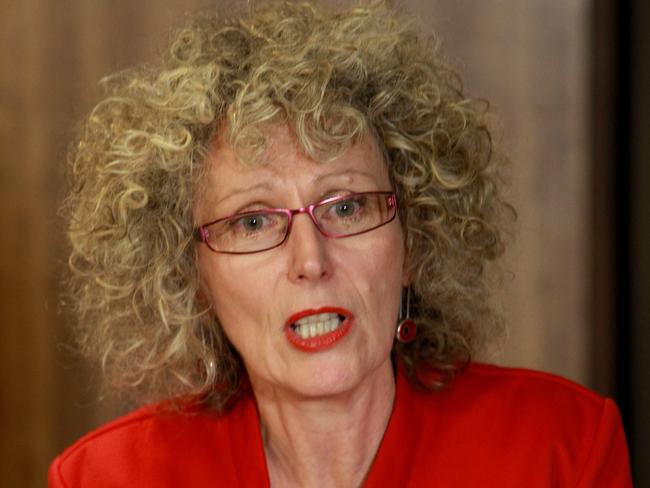Researchers developing artificial ovary to give baby hope to cancer survivors
RESEARCHERS have taken a major step forward in the development of an artificial ovary to grow immature eggs, with the aim of helping women have their own biological children after cancer.

News
Don't miss out on the headlines from News . Followed categories will be added to My News.
RESEARCHERS have taken a major step forward in the development of an artificial ovary to grow immature eggs, with the aim of helping women have their own biological children after cancer.
Melbourne scientists are part of an international effort to create a scaffold to support the growth of young eggs taken out of follicles, by leading three key projects on this path to give women the chance to avoid the risk of redeveloping cancer from their frozen ovarian tissue.
Scientists from the Royal Women’s Hospital, Melbourne IVF and Peter Mac are working on separating eggs from follicles in ovarian tissue stored before cancer treatment.
They are also devising ways to grow immature eggs to maturity outside the body, and are developing a test to determine if ovarian tissue — surgically removed and frozen as a fertility insurance policy — is cancer-free and safe to re-implant.
IVF TREATMENT IN VICTORIA TO BE REVIEWED
STUDY FINDS PERSEVERING WITH IVF REAPS REWARDS
STATES COULD OVERRULE GENDER SELECTION IVF
Danish researchers told the European Society of Human Reproduction and Embryology annual meeting in Barcelona they had made an artificial ovary by stripping donated ovarian tissue of all its cells, to ensure no cancer remained, leaving a bare collagen scaffold that is seeded with hundreds of follicles that contain immature eggs.

Their significant step forward has been implanting this scaffold containing 20 human follicles into a mouse, with a quarter of them surviving for at least three weeks.
Lead scientist of the oocyte and tissue cryopreservation program at the Women’s and Melbourne IVF, Dr Debra Gook — who is working with the Danish team — also presented at the conference research findings of a tissue grafting test.

In a project led by Associate Professor Kate Stern, they took ovarian tissue from 18 leukaemia patients and grafted this into mice, findings that tumours developed in most of the animals.
“It’s possible this might become a clinically useful test in the future, but we have a lot of hurdles to jump because at the moment we’re too nervous to put that tissue back into women,” Associate Prof Stern said.
Now with children and teenagers making up half the Victorian patients having ovarian tissue or eggs frozen, Dr Gook said their current research should give hope to paediatric patients.
Colleen Monssen, 41, had ovarian tissue frozen before treatment for leukaemia 20 years ago.
Testing has revealed this tissue still contains minute amounts of cancer cells, making it not possible to re-implant with current technology.
“If this artificial ovary technology proceeds at a great rate of knots, I’d certainly be going down that path,” Mrs Monssen said.
“It’s exciting to hear what might be possible in the future, but in the meantime we’re at a standstill in deciding what path we’ll go down to try to become parents.”


